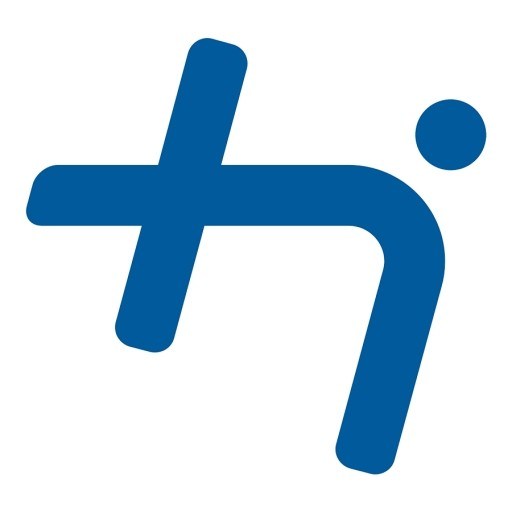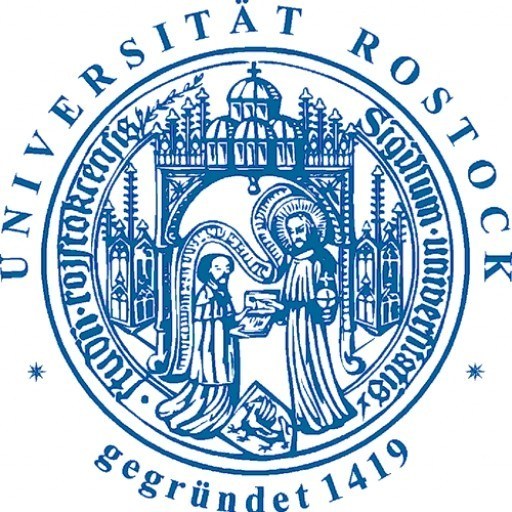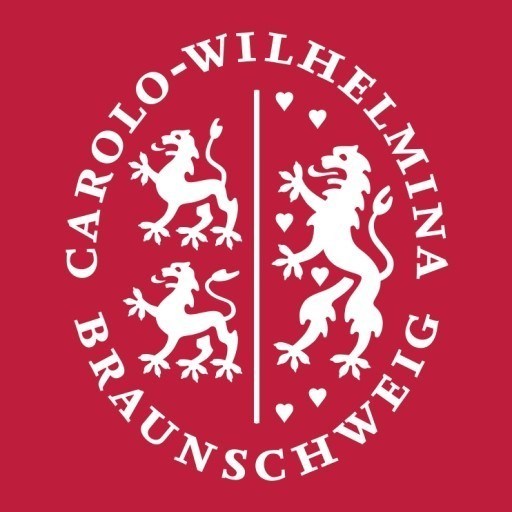Photos of university
The International Advanced Computational and Civil Engineering Structural Studies (ACCESS) program at Technische Universität Dresden offers a comprehensive and interdisciplinary education designed for students seeking to deepen their expertise in civil engineering and structural analysis through advanced computational methods. This program is tailored to meet the growing global demand for highly skilled engineers capable of addressing complex structural challenges in various construction and infrastructure projects. Students enrolled in ACCESS will acquire a broad skill set that combines theoretical foundations with practical applications, emphasizing innovative computational techniques, sustainable design principles, and modern engineering software tools. The curriculum covers a wide range of topics, including structural mechanics, material science, finite element methods, dynamic analysis, and life-cycle assessment of structures. Throughout the program, students will engage in rigorous coursework, research projects, and laboratory work, fostering critical thinking, problem-solving abilities, and collaborative skills essential for successful careers in civil engineering. The program also promotes international mobility and intercultural exchange, providing opportunities for students to participate in joint research initiatives, internships, and study exchanges at partner institutions worldwide. Graduates of ACCESS will be well-equipped for leadership roles in engineering consultancy firms, construction companies, research organizations, and academia, contributing innovative solutions to modern infrastructure development. With its blend of advanced technical training and global perspective, the ACCESS program prepares students to become influential professionals capable of designing resilient, sustainable, and efficient structures for the future.
Educational organisation
The course of study has a modular structure. The content of the individual modules is imparted, consolidated and treated in-depth in lectures, exercises, seminars, tutorials and projects and has to be accompanied by self-study. Self-study is supported by mentoring.The course is divided into two parts: The first part lasts three semesters, totalling 90 credit points. It consists of eight mandatory modules, including the project work with the project seminar, and seven modules selected out of 13 elective modules. The second part of the Master's programme consists of producing a Master's thesis including a colloquium in the fourth semester. For the Master's thesis including colloquium 30 credit points are granted.
Semester one:
Mandatory modules:
- Building Materials
- Continuum Mechanics, Tensor Calculus
- Energy Methods, Finite Element Method
- Numerical Methods
- Mentoring Study Competence
Semester two:
- Mentoring Methodological Competence
- Design of Concrete Structures
- Design of Masonry Structures
- Timber and Lightweight Structures
- Structural Use of Glass
- Computational Methods for Reinforced Concrete
- Computational Building Physics
- Multiscale Mechanics
- Computational Dynamics
- Modelling and Simulation in Pavement Engineering
- Cable-Stayed Bridges
- Safety Concepts
- BIM-based Virtual Engineering Lab
- Constitutive Modelling of Soils
Semester three:
- Application of Computational Methods in Engineering
- project work
Semester four:
- Master's thesis and colloquium
Study abroad unit(s)
NoneInternships
NoneForms of assessment
Examinations are in the form of written examinations and other written papers, project work, oral examinations, seminar presentations and/or other examinations. Written examinations based on a multiple-choice procedure are generally excluded.Course objectives
The non-consecutive Master's study programme Advanced Computational and Civil Engineering Structural Studies offers further education in the field of advanced computer-aided methods concerning modelling, analysis, retrofitting and design of structures especially in the field of civil engineering. It aims at a definite internationality of teaching staff and students. It is therefore held in English. Inclusion of partners from home and abroad is the declared intention of this course while the sole responsibility remains with the organising university boards of this Master's study programme.Teaching of modern concepts and methods offers the graduate a broad field of application in all areas of engineering in which structures and field problems for solids and fluids in the widest sense are to be dealt with.
Language requirements
English certificate: IELTS (Level 6.0) or TOEFL (79 points internet-based)Academic requirements
- University degree in engineering with above-average marks
- good knowledge of mathematics and mechanics
Enrolment fees
The enrolment fee is currently about 260 EUR per semester and includes a semester ticket, which entitles students to use public transport in and around Dresden and regional trains within the federal state of Saxony. Additionally, it offers benefits (e.g. price reductions) for many cultural and leisure activities in Dresden.Costs of living
The cost of living varies according to personal needs and preferences. However, about 700 EUR per month represents an average budget for a student in Dresden, including expenses for accommodation, food, items of everyday life, and insurance.(This figure is relatively low compared to other big German cities.)
Job opportunities
In order to top up their budget, some students may want to look for temporary work in Dresden. If so, different regulations apply for students from EU member states, countries of the European Economic Area (EEA) and Switzerland, and students from outside the European Union and the EEA area. Please bear in mind that a temporary job is not easy to find. In addition, restrictions on the duration of employment may apply.Arrival support
The university provides counselling via e-mail and personal appointments regarding all matters related to arrival and living in Dresden, guided campus tours, and welcome receptions to which new students are invited to meet other students and professors.For PhD students and researchers, the Welcome Center also provides additional support services concerning visa issues, finding suitable accommodation, etc.
Services and support for international students
TU Dresden International Office offers a tutor network that helps new international students organise their studies. All international freshers are invited to an introduction day at the beginning of their first semester, on which they will also meet their tutors.Furthermore, the International Office's cultural office and various student initiatives provide a plethora of social and cultural activities each semester (guided city tours, trips in the region and to other cities in Germany or neighbouring countries, language tandems, etc.).
Accommodation
It is quite easy to find accommodation in Dresden. Accommodation is available either via the Studentenwerk Dresden or on the private market. Rent for a single room in a student residence is approx. 250 EUR.Private housing can be found online. We recommend moving into a hall of residence at the beginning of your stay in Dresden and later find a place on the private market or in a shared apartment, known in German as a "Wohngemeinschaft".









